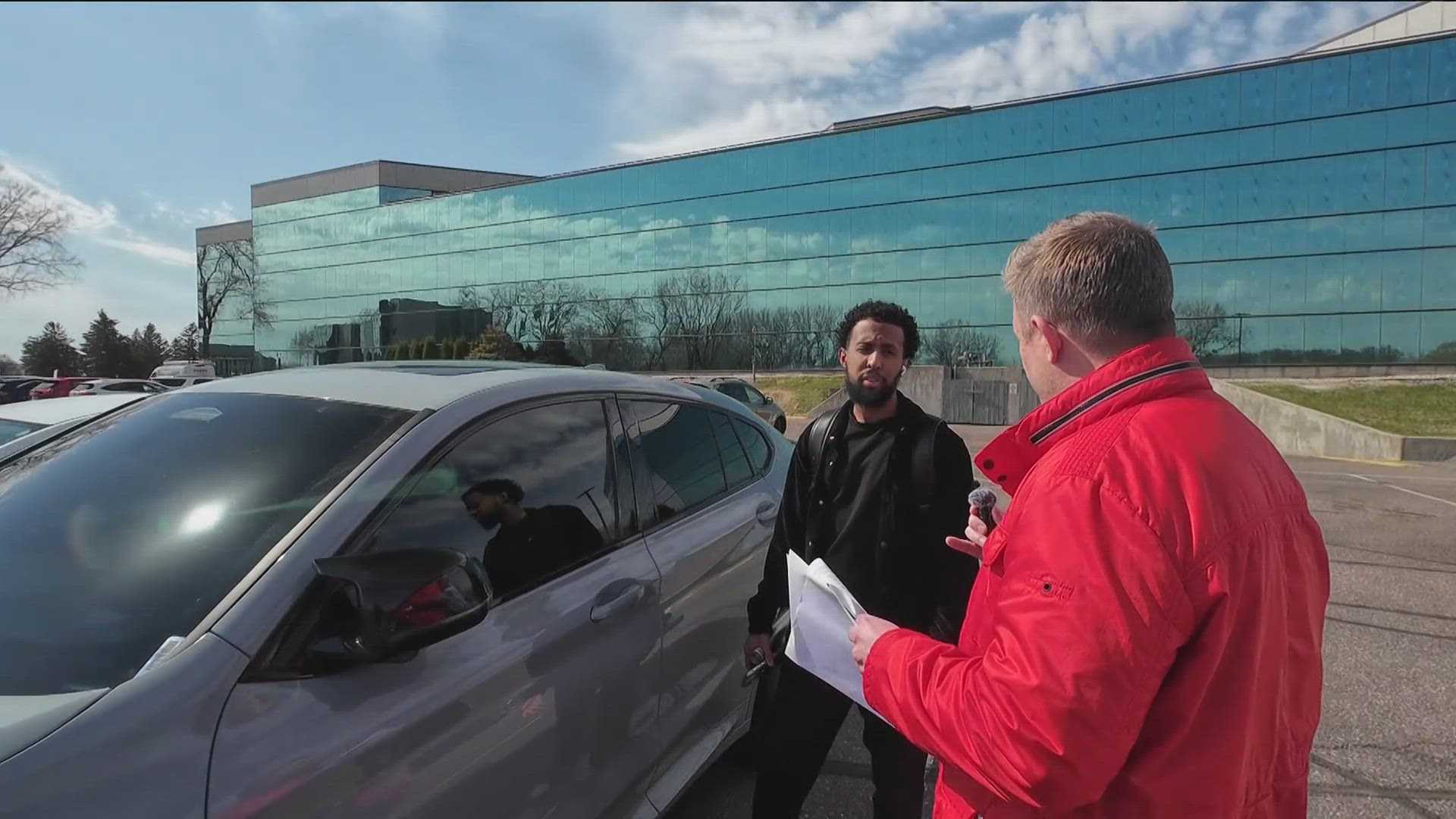News
Minnesota Governor Halts Payments Amid Housing Fraud Investigation

ST. PAUL, Minnesota — Governor Tim Walz announced Monday the suspension of payments to 50 providers in the state’s Housing Stabilization Services (HSS) program amid a fraud investigation. The decision comes after allegations of fraudulent activities in the program, which serves elderly and disabled residents.
During a press conference in Delano, Walz stated, “The payments that were scheduled to go today are not going out to them. I fully expect some of those folks will sue the state of Minnesota.” The Minnesota Department of Human Services (DHS) confirmed that 43 payment stoppages occurred on the same day, with seven providers already flagged in previous audits.
The HSS program, funded by Medicaid, is designed to assist at-risk individuals in finding and retaining stable housing. However, the program’s budget has ballooned from an estimated $2.6 million annually to over $107 million by 2024, raising red flags among investigators.
Temporary DHS Commissioner Shireen Gandhi indicated that a new data analysis initiative revealed concerning billing practices among these providers. “Any HSS providers scheming to steal from our public programs are being stopped from receiving further public payment,” Gandhi said. Local law enforcement will aid in prosecuting fraudulent cases.
U.S. Attorney for Minnesota Joe Thompson noted that the HSS program has been vulnerable to exploitation, resulting in billing for services not rendered. “This has left the program open to bad actors,” he commented. Walz reiterated the need for stronger oversight and restrictions, given the evident loopholes being exploited. He stated, “There is going to be legitimate organizations that will have to encounter slower processes due to fraud.”
Amid growing concerns, DHS officials have announced new vetting requirements for providers including unannounced visits and financial checks. As of July 1, providers must pass a Pre-Enrollment Risk Assessment to qualify for funding. The situation is evolving as local and federal investigations continue into the massive allegations of fraud impacting Minnesota’s safety net programs.












